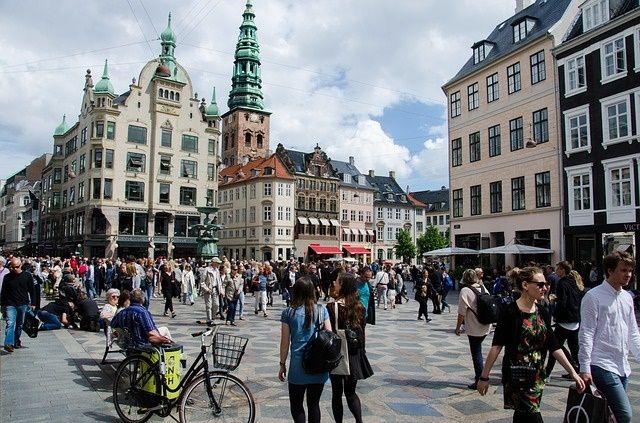According to the Henley & Partners – Kochenov Quality of Nationality Index, Denmark is the second best in the world at developing talents and businesses.
For the sixth year on the trot, Germany came top, with a score of 82.7 percent, but Denmark tied with France for second place at 82.4 percent. Iceland ranks fourth overall, with a score of 81.3 percent.
Perhaps surprisingly, the UK just missed out on a top 10 place by coming 12th with a score of 79.2 percent.
The US, meanwhile, ranked only 29th with a score of 68.8 percent – mainly due to its relatively low ‘Settlement Freedom’ compared to nationalities of the EU member states and its weak showing on the ‘Peace and Stability’ element of the index.
An objective yardstick
The index uses a wide variety of quantifiable data to determine the opportunities and limitations that our nationalities impose on us.
It objectively measures both the internal value of nationality – the quality of life and opportunities for personal growth within a nationality’s country of origin – and the external value of nationality, which identifies the diversity and quality of opportunities that nationalities allow us to pursue outside our country of origin.
The global mean in 2016 was 39.32 percent, with Afghanistan sitting at the bottom of the index with a score of 14.6 percent.












